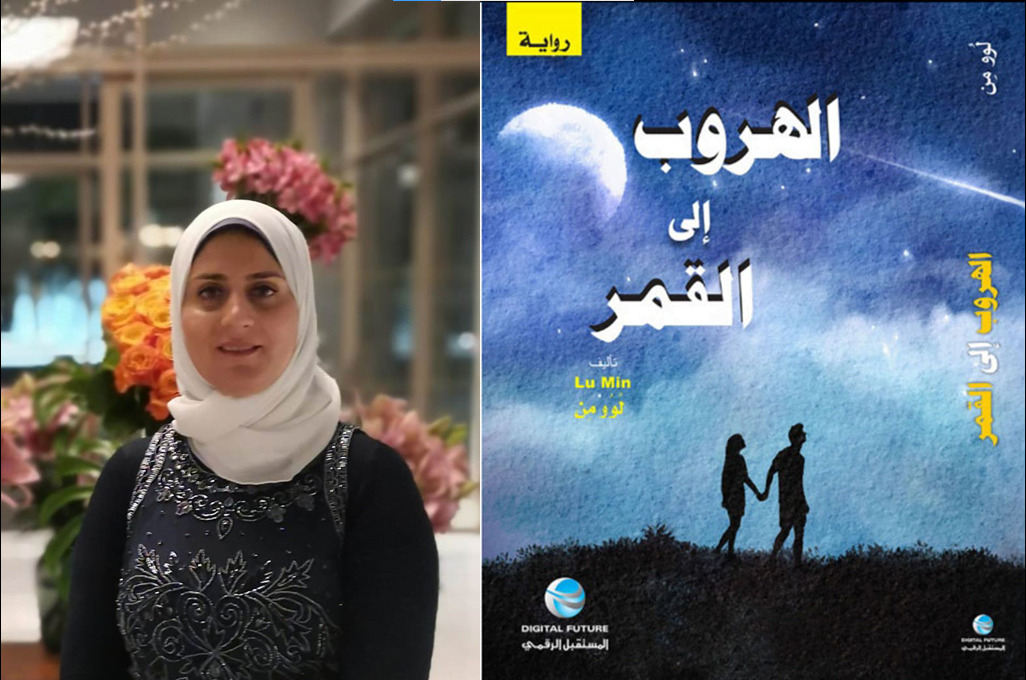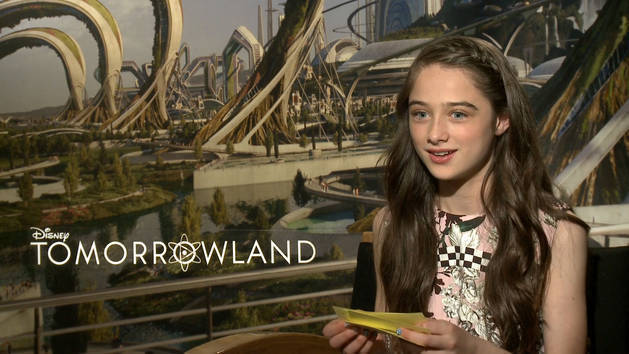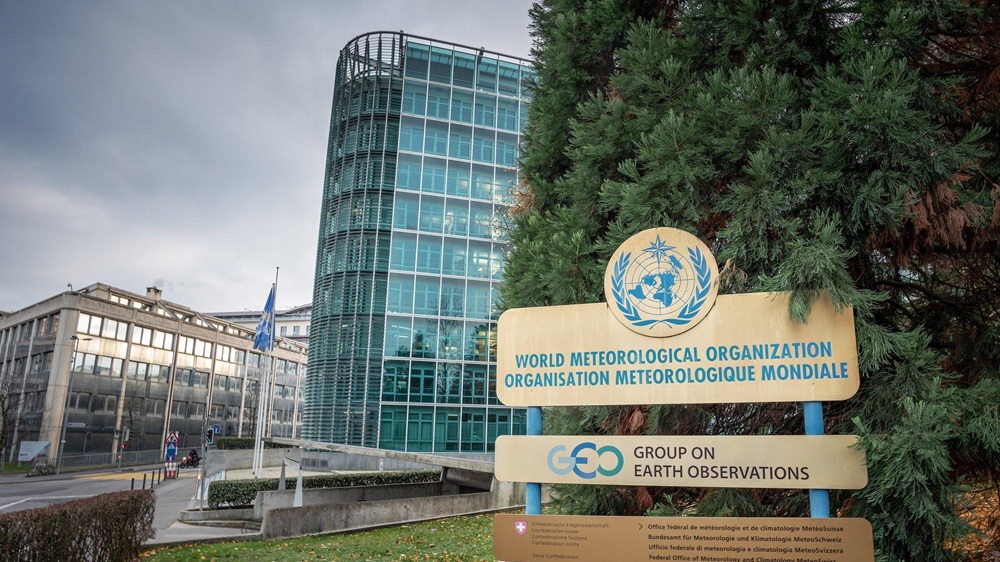
A quick intro. I chanced upon Dr Dina at a translation event held by the Chinese Cultural Center in Cairo when I’d asked about translating Chinese SF into Arabic and vice versa. So she commented and filled in gaps the speaker himself didn’t. This interview was the least I could do.
By Emad Aysha
Dr Dina Tohamy BA, MA and PhD in Chinese from Aim Shams University, passing with a First Division Honours with distinction. Currently, an Assistant professor at Benha University in Cairo.
What is your fascination with Chinese?
“My studies in Chinese were a matter of fate and good fortune from the Almighty; my sister’s husband in America recommended the topic to me. He’s observant and understood, 20 years ago, that China was the future economically.
While studying, I realised this was as complex as the language and literature were. China is an old and esteemed nation that has contributed so much to humanity over the centuries. Once I reached the second in-depth stage of my studies, I began to immerse myself; reading the set texts on the country’s literature, history, civilisation, and translation had a distinct flavour.
The more you read, the more you fall in love. Chinese parables, novels, theatre and classical poetry were like magic to me, bolstering my knowledge of the language and the nature of the people themselves.”
What Chinese works have you translated?
“I have successfully translated a book on the Chinese economy, titled Escape to the Moon (2021), a book on selected texts from Chinese theatre, and I contributed to the translation of a compendious dictionary on China. I dealt with the prose and poetry sections.”
Is that a difficult job?
“If the translator comprehends the spirit and intent of the work of art he is astride, then he has succeeded with flying colours. Otherwise, he will produce something without a soul. Add to that that you have to engage yourself with the author, his background and what era he belongs to and the circumstances that gave rise to his novel. The dictionary was harder because it demands considerable historical knowledge for the stories penned in the different dynastic eras.”
What makes Chinese science fiction different from Western SF?
“Fantastical literature is deeply ingrained in Chinese history, and from the beginning, with legends about past emperors meant to make the commonfolk worship them as gods. With time this fantastical literature expanded, relying on the supernatural and, with that, strange combined animals – mythical bests – written down and depicted in the annals of ancient China. In the contemporary era, Chinese fantastical literature began taking on a new character never before seen. Over the past 20 years, authors consciously decided to challenge the West in a field that was their exclusive preserve for so long.
I wouldn’t be exaggerating if I said that China’s SF would far surpass America and Europe because they make bolder and more detailed predictive fiction than anybody else.”
You wrote an article about author Liu Cixin for the Chinese People’s Newspaper.
“Liu Cixin started life as a student of hydroelectricity and worked as a computer engineer for many years then when he was exposed to wonders of international literature through Leo Tolstoy and Arthur C. Clarke, igniting a powder keg of creativity in him with multiple stories even though he was never specialised in literature. And he wasn’t the first. There was a great playwright in the 1920s who started as a physicist but wrote comedy plays, a true rarity in that period.
What distinguishes Liu Cixin is his ability to see the future and make predictions that come true, using his compendious knowledge of physics and combining it with storytelling that sets goals in the beginning that are executed to perfection by the end.
In his classic The Three-Body Problem, he focuses on astrophysics and quantum mechanics, a text replete with scientific terminology while integrating everything from Einsteinian relativity to theories of human psychology. The novel emerged in 2006 and explored the possibilities of the human body’s penetration of the fourth dimension. It’s ahead of its time. A distinguished Chinese physicist wrote a book much later, in 2015, covering essentially the exact details and possibilities about the dissolution of the human body in the fourth dimension outlined in the novel.
This is because our bodies are made of atoms held together by the electrodynamic forces fusing the nucleus with the electron, which is explicitly missing in the fourth dimension; hence, man is incapable of living in this dimension and will perish.
Do you think Chinese SF has a good market in Egypt and other parts of the Middle East?
“Sadly Egypt and the Arab world are not familiar with Chinese SF, as incredible as it is. This is a direct consequence of the lack of marketing and advertising or this genre of literature. The translation is the key to such literature exchanges between Rome and China, with publishers committing themselves to promote Chinese literature here, SF or otherwise.
Chinese literature could even be transferred to theatre and cinema in the Arab world at large. Aren’t the works of Shakespeare shown in our theatres as well?”
Finally, how would you organise cultural and literary relations between Egypt and China?
“There are many modes of transferring culture and literature between the two countries, the first of which is translation. There are also cultural events and lectures, and academic exchange programmes.
Science fiction in particular can play a significant role in enriching the relations between both countries. I am confident that Chinese science fiction will overwhelm American science fiction if Egyptians and Arabs can read and watch it. I’m sure a generation of young Arab SF fans will develop, eagerly awaiting everything new coming out of China. This is because Chinese science fiction will do more than merely transfer scientific knowledge and ideas to the Arab reader, along with fictional plotlines. It also shared the cultural heritage and the morals and traditions of these great people that have much in common with Egypt’s history and ancient civilisation. Such a meeting of minds will undoubtedly be greeted with open arms by the Arab nations.”





